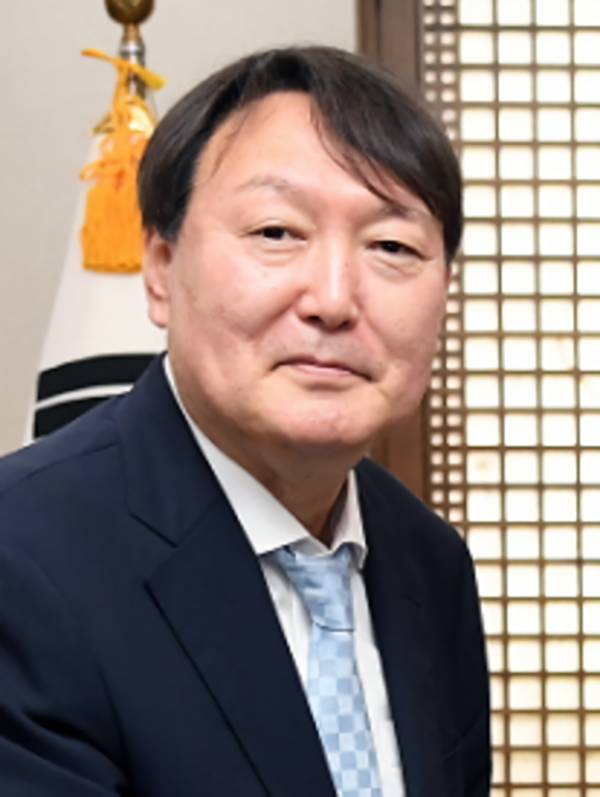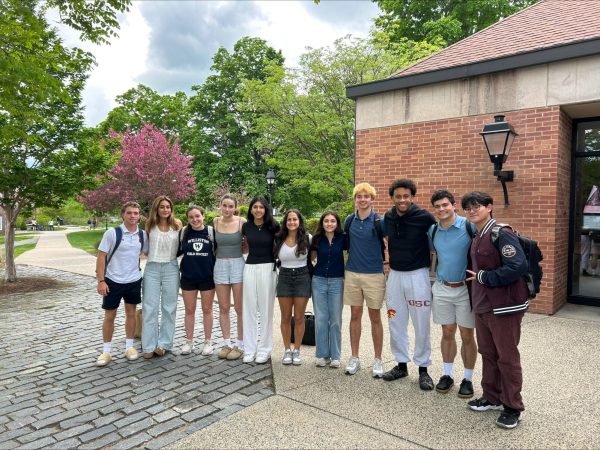South Korea Elects New President
Yoon Suk-yeol was declared as the 13th president of South Korea after a nail-biting run against opponent Lee Jae-myung.
On March 9, 2022, voting took place across the nation to declare the future President of South Korea following current President Moon Jae-in’s term ending. At 2:40 am on March 10, Yoon Suk-yeol took victory for the People Power Party against Lee Jae-myung by 0.85%.
In South Korea, the president is elected for a five-year term with no re-election. Yoon Suk-yeol, former Prosecutor General of South Korea, joined the People Power Party to run for President. South Korea has continued with the Democratic Party, until Yoon Suk-yeol brought conservatives to power.
As president, Yoon Suk-yeol plans to enhance economic growth, overcome housing problems, and lower taxes.
According to the New York Times, “The race between the two men had been so plagued by a series of scandals and marred by mudslinging between the parties that some in the electorate took to calling it a contest between two “unlikeables.” Still, more than three quarters of South Koreans cast their vote, rivaling voter turnout from the country’s last presidential election in 2017.”
Although there were high tensions throughout the election, South Korea was able to come to a decision with the help of all votes made, including the fraction of votes from students at Williston.
For many Korean seniors at Williston, it was their first time voting as adults. The legal voting age in South Korea is 19 years old.
Daniel Shin, a four-year senior from South Korea, was happy he could play a role in the process.
“When I first voted, it felt very surreal and new to me. I also felt very proud that my vote could have even the smallest impact on choosing the next president of my country,” he said.
Yijune Hong, a boarding senior from South Korea, felt a similar accomplishment after voting for the first time.
“Through the presidential election, I’m motivated to look into political issues that I didn’t think about before,” she said. “It was somewhat confusing and fascinating to talk about the Korean government with my parents, as it was an opportunity for me to draw an image of a idealized society I had always hoped for.”
As a dual citizen of both South Korea and the United States, I also had the opportunity to vote for the first time as a Korean native. Even having the slightest role in making this election possible made some form of change for the future of South Korea.













